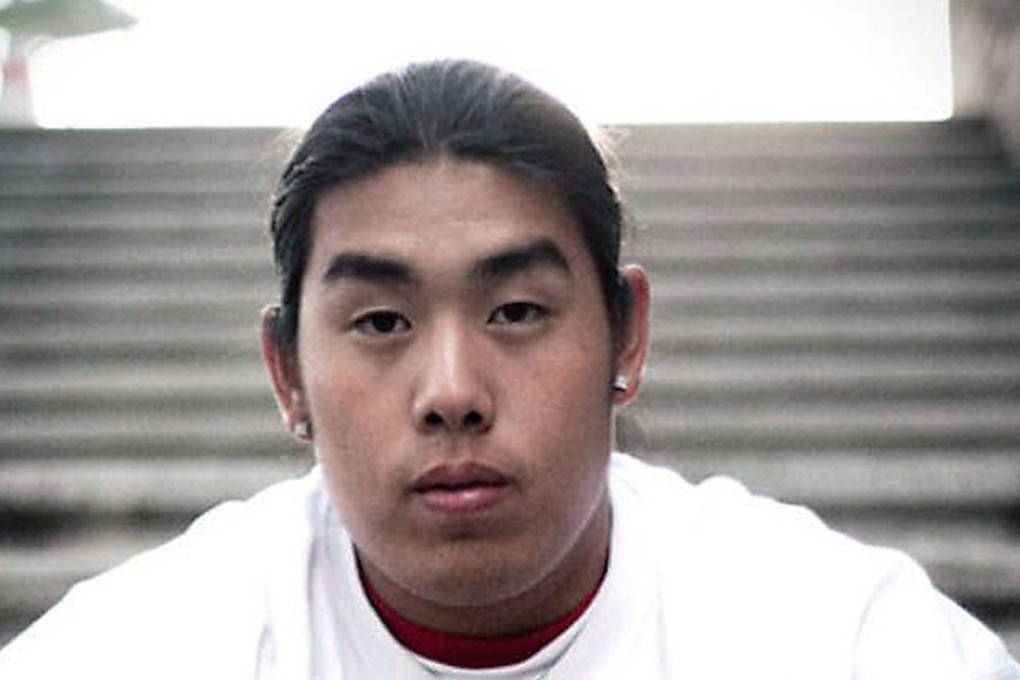First Chinese player for NFL tackles sceptics of the game on mainland
Edward Wang, the son of former Chinese Olympic athletes, was drafted by the Buffalo Bills in 2010, becoming the first player with full Chinese ancestry to play in the National Football League. Now, he's trying to spread his love for the rough, aggressive sport to a new crowd

How did you get started playing football?
When I was six years old. Both my parents were track and field athletes from China, so I came from a sports background. Besides, I was a big kid, so everything just made sense. At that time, I was playing both football and basketball, and these are the two sports I really like. Actually I played basketball all the way to my sophomore year of high school. When I was 12, I travelled to Beijing with my parents. I spent three months training with the Bayi [Ningbo, Zhejiang] basketball team. I had a check performed on my bones to see how tall I would grow. It said only to about 1.96 metres, which didn’t seem tall enough to play basketball. So my parents said football might be a better choice. In fact, I really like basketball, and I always said that I wanted to be the first player with full Chinese heritage to play in the NBA. But then Wang Zhizhi and Yao Ming came along, and I realised that I had no chance anymore. So I decided to change my goal to be the first full Chinese to play NFL and began to focus on football since my sophomore year of high school. I went to Virginia Tech for university, where I was given full scholarship to play football. I played for four year for the university team’s left tackle. I was the only full Asian playing at that time, not only at my university, but also the whole United States.
How did you get drafted into the NFL?
A lot of hard work I guess. I was drafted by the Buffalo Bills in 2010. It was of course my goal to be drafted, but at the time my dream team was the Washington Redskins, because that’s my hometown team. But Buffalo was also a good choice, because it’s a small city in upstate New York, so people are more focused on their football team. It’s similar to a college atmosphere. In big cities, there are a lot of things going on, so you might not be able to become the top priority. But in a small town like Buffalo, football is a top priority to the people. I spent four years in the NFL, including 18 months in the Buffalo Bills, a half year in the Oakland Raiders and one at a training camp with the Philadelphia Eagles.

What’s the difference between being a college player and a professional one?
There are a lot of difference. In college, your goal was to enter the NFL, and it’s more about the sport itself, but when you are in the NFL, it’s more like a business – you still have to play, but there are a lot of other business aspects involved. In college, when you are on a team, you are on for four years, but in the NFL, they are constantly cutting or moving people around based on money, so it’s more business.